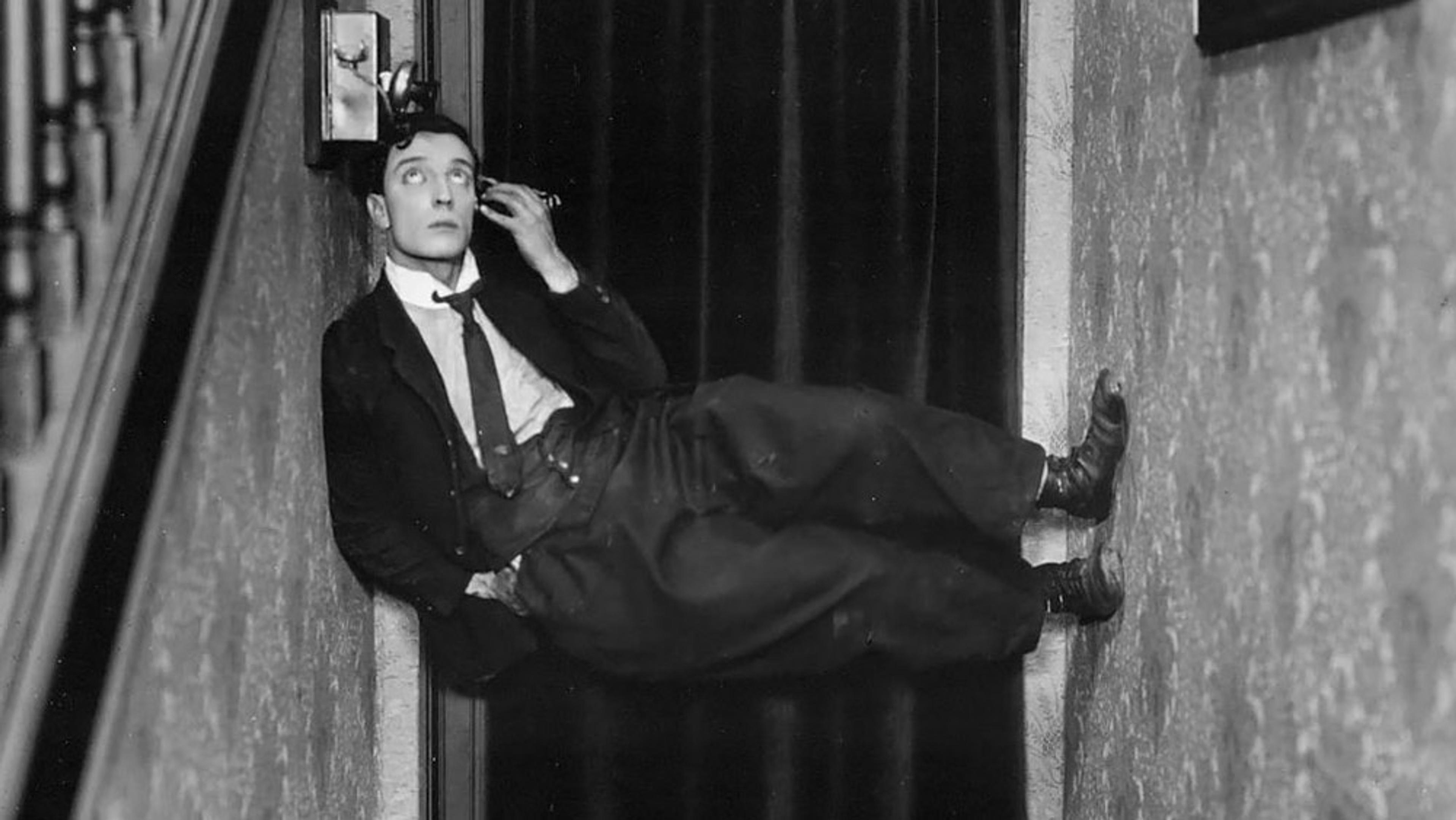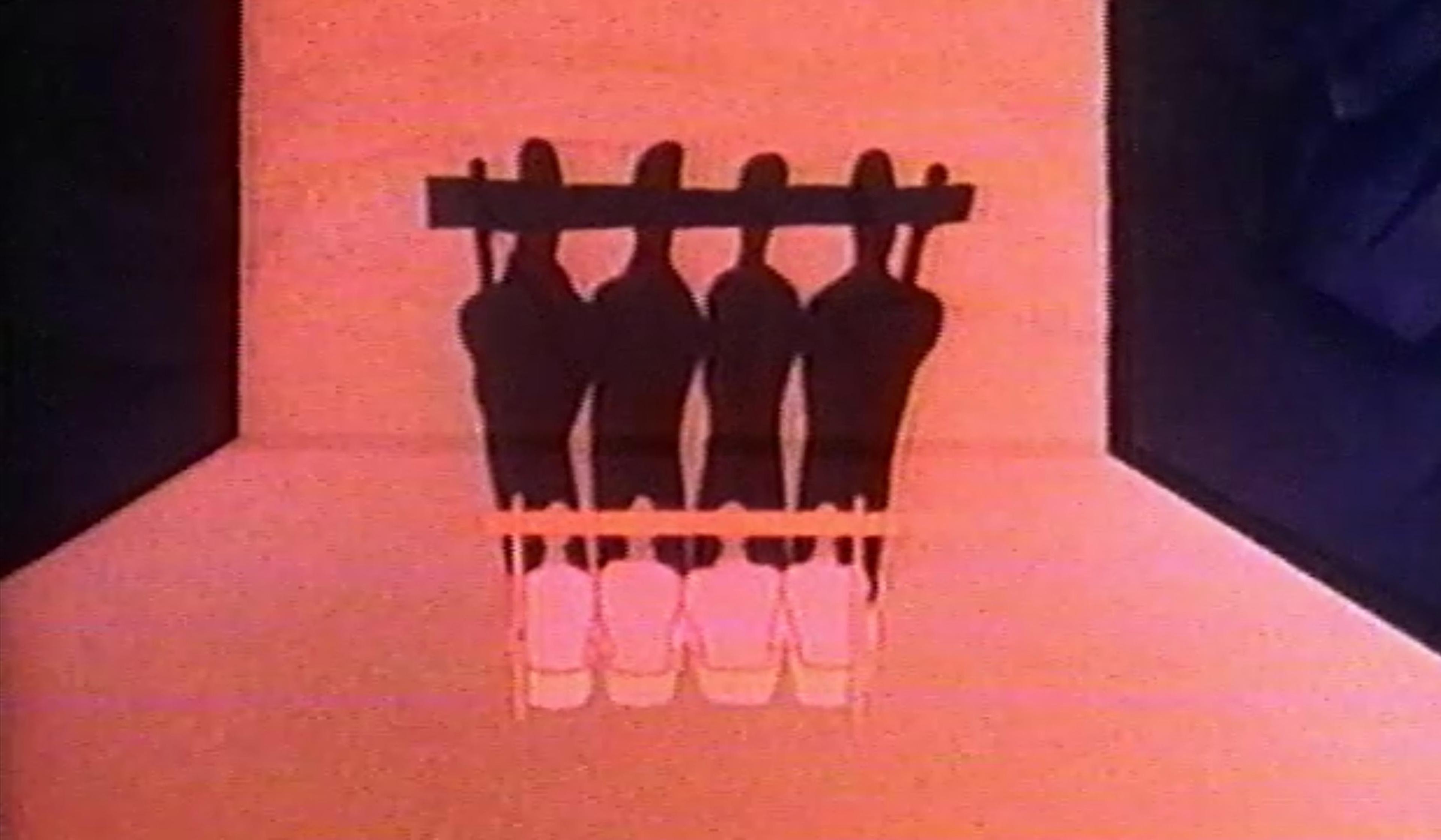In 1903, Mark Twain defended his friend and fellow author Helen Keller against charges of plagiarism, writing in a letter: ‘The kernel, the soul – let us go further and say the substance, the bulk, the actual and valuable material of all human utterances – is plagiarism.’ Of course, even Twain’s screed against the concept of originality was hardly original. As the ancient Roman playwright Terence notes in his comedy The Eunuch: ‘Nothing has yet been said that’s not been said before.’ In this short firm, the US filmmaker Drew Christie turns a moviegoer’s complaint to a box-office attendant about a lack of originality in Hollywood into a madcap exploration of appropriation, adaptation and plagiarism in art and, more generally, human thought. Deploying hand-drawn animation and a stream of Wikipedia articles to droll comedic effect, the film approaches its topic in a manner you might just call ‘original’ – if you still cling to such silly notions.
Is reboot culture out of control? Or are we kidding ourselves that anything is original?
Video by Drew Christie

videoInformation and communication
AI isn’t merely bad at writing. It does not and cannot write
40 minutes

videoStories and literature
Are certain familiar narrative arcs inherently appealing?
5 minutes

videoFuture of technology
Artificial ‘creativity’ is unstoppable. Grappling with its ethics is up to us
23 minutes

videoTechnology and the self
A haunting scene from ‘Minority Report’ inspires a voyage into time and memory
7 minutes

videoFilm and visual culture
Why Buster Keaton’s visual comedy is still the best in a century-plus of cinema
9 minutes

videoKnowledge
Orson Welles’s psychedelic 1973 adaptation of Plato’s timeless allegory of the cave
9 minutes

videoEthics
What’s an idea worth? How prominent thinkers have understood intellectual property
6 minutes

videoFilm and visual culture
Our ideas about what early movies looked like are all wrong
11 minutes

videoFilm and visual culture
‘What’s going on?’ How seeking meaning is futile in the Coen Brothers’ universe
8 minutes